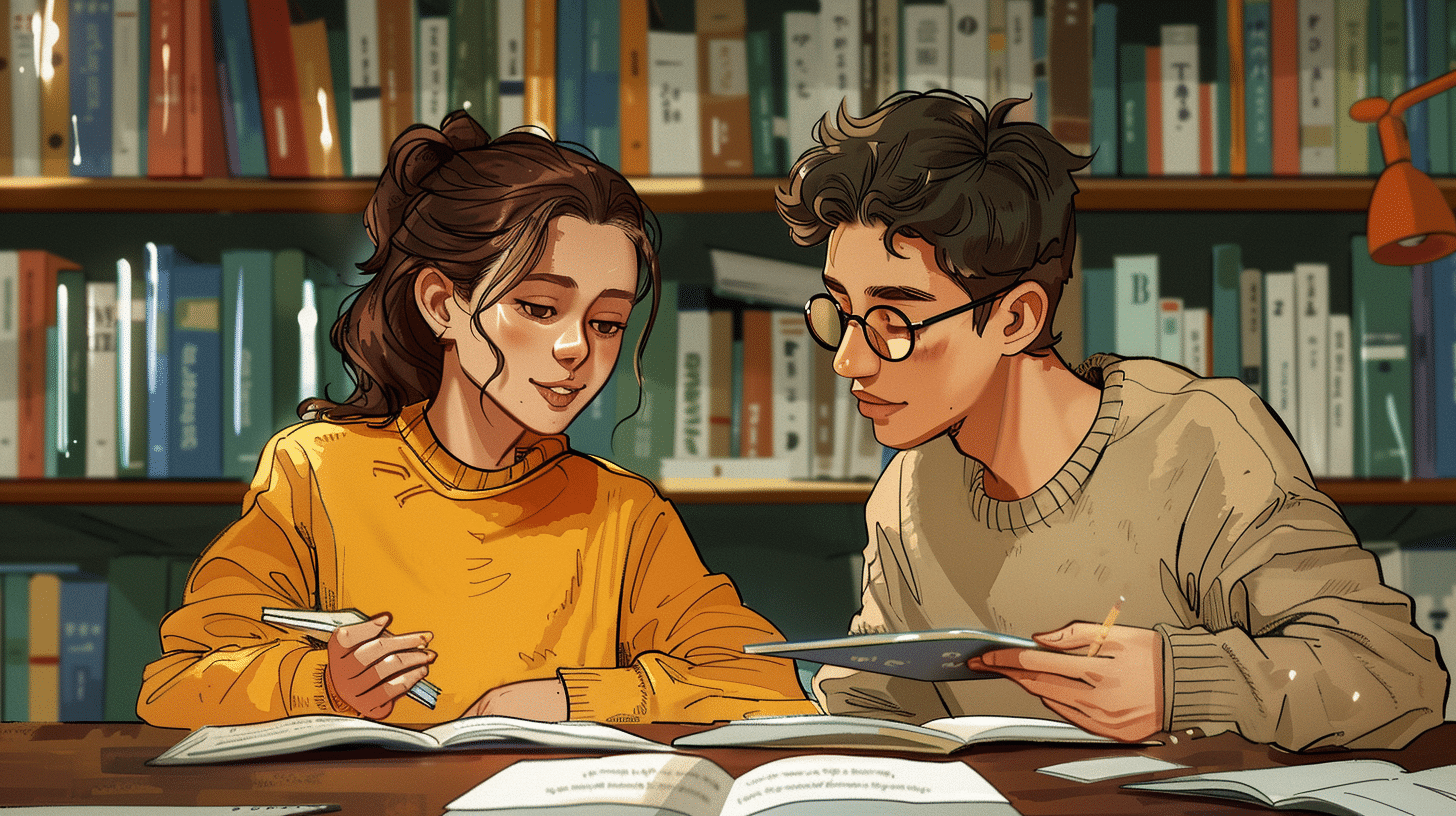Traveling to the Netherlands or any Dutch-speaking region can be an exhilarating experience. However, knowing some basic Dutch can greatly enhance your travel experience, allowing you to interact more effectively with locals. This article will introduce you to some essential Dutch vocabulary that every traveler should know.
Groeten (Greetings)
Goedemorgen, hoe gaat het?
Greetings are vital in any language. In Dutch, a simple “Hello” can be said as “Hallo”. For more specific times of the day, “Goedemorgen” (Good morning), “Goedemiddag” (Good afternoon), and “Goedenavond” (Good evening) are used.
Alstublieft (Please)
Kunt u me alstublieft helpen?
“Please” is a polite addition to any request. In Dutch, “Alstublieft” is often used when asking for something. It can also mean “here you go” when giving something to someone.
Dank u (Thank you)
Dank u wel voor uw hulp.
Expressing gratitude is universal. “Dank u” (formal) or “Dank je” (informal) both mean “Thank you”. “Dank u wel” is a slightly more polite version.
Ja / Nee (Yes / No)
Wilt u koffie? Ja, alstublieft.
These two words are fundamental in any language. “Ja” means “Yes” and “Nee” means “No”. They can be vital in responding to questions effectively.
Toilet (Toilet)
Waar is het toilet, alstublieft?
Knowing how to ask for the toilet is essential. “Toilet” is similar in many languages, making it easier to remember. The phrase “Waar is het toilet?” means “Where is the toilet?”
Rekening (Bill)
Kan ik de rekening krijgen, alstublieft?
When finishing a meal at a restaurant, you’ll need to ask for the bill. “Rekening” is the Dutch word for bill.
Water (Water)
Een glas water, alstublieft.
Staying hydrated is important. Whether you’re asking for water in a restaurant or at someone’s home, “Water” is universally understood, and in Dutch, it’s pronounced similarly.
Spoedig herstel (Get well soon)
Ik hoop dat je spoedig herstelt!
If you meet someone who is not feeling well, it’s nice to express your wishes for their speedy recovery. “Spoedig herstel” is a kind gesture.
Hoeveel kost dit? (How much does this cost?)
Hoeveel kost dit t-shirt?
When shopping, it’s important to be able to inquire about the price of items. “Hoeveel kost dit?” is the way to ask “How much does this cost?”
Ik spreek geen Nederlands. (I do not speak Dutch.)
Sorry, ik spreek geen Nederlands. Spreekt u Engels?
It’s useful to know how to explain that you do not speak Dutch. This can help in finding someone who speaks English or another language you’re more comfortable with.
Help! (Help!)
Help! Ik ben verdwaald.
While nobody wants to encounter emergencies while traveling, knowing the word for “Help” is crucial. “Help!” is the same in Dutch as it is in English.
Excuseer me (Excuse me)
Excuseer me, waar is het station?
Whether you need to get someone’s attention or navigate through a crowd, “Excuseer me” is the polite way to say “Excuse me”.
Station (Station)
Is dit het juiste station voor de trein naar Amsterdam?
Many travelers make use of public transportation. Knowing how to ask for the “Station” can help you find your way around trains and buses.
Vertrek (Departure)
Hoe laat is het vertrek van deze vlucht?
When traveling, you’ll need to know schedules. “Vertrek” means “Departure”, important for catching flights or trains.
Aankomst (Arrival)
Hoe laat is de aankomst in Berlijn?
Similarly, “Aankomst” means “Arrival”. It’s useful for knowing when you or someone else will arrive.
Learning these basic Dutch phrases will not only enhance your travel experience but also help you navigate daily interactions more smoothly. Even a small effort in using the local language can go a long way in showing respect and openness towards other cultures. So, the next time you travel to the Netherlands or any Dutch-speaking area, remember these useful phrases and words. Veilige reis! (Have a safe trip!)







